

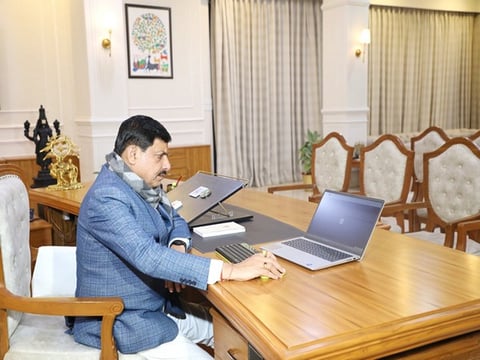
CM Mohan Yadav has declared a complete ban on all types of liquor in 17 religious cities and towns of Madhya Pradesh, citing the presence of Lord Krishna and Lord Ram in these places. The decision was approved by the Cabinet and will be implemented soon. Yadav also paid tribute to Lokmata Ahilyabai Holkar on her 300th birth anniversary and performed puja-archana of Maa Narmada.
Mohan Yadav Implements Liquor Ban in 17 Religious Sites in Madhya Pradesh
Madhya Pradesh Chief Minister Mohan Yadav has announced a complete ban on all types of liquor in 17 religious cities and towns across the state. The decision, which was approved by the Cabinet, was taken due to the presence of revered Hindu deities such as Lord Krishna and Lord Ram in these places.
Background:
Madhya Pradesh has a rich cultural and religious heritage. Many of its cities and towns are home to ancient temples and sacred sites that attract millions of pilgrims each year. The state has been grappling with the issue of alcohol consumption and its negative impact on society. In recent years, there have been growing demands from religious leaders and the public to ban liquor in areas with significant religious significance.
Rationale for the Ban:
According to Chief Minister Yadav, the presence of liquor in religious places goes against the principles of purity and sacredness. He believes that the ban will help maintain the sanctity of these sites and promote a conducive environment for spiritual growth and worship. The decision has been widely welcomed by religious organizations and devotees, who view it as a step towards preserving the cultural and spiritual identity of Madhya Pradesh.
Implementation:
The liquor ban will be implemented in 17 religious cities and towns, including:
The government will work with local authorities and law enforcement agencies to ensure strict enforcement of the ban. Violators will be subject to legal action and penalties.
FAQs:
The initial ban is limited to 17 religious cities and towns. However, the government may consider extending it to other religious sites in the future based on public demand and the assessment of their religious significance.
Existing liquor shops in the banned areas will be allowed to operate until their licenses expire. No new licenses will be issued in the future.
The ban will be enforced by the local police and excise authorities. Patrolling and inspections will be increased in the banned areas to prevent illegal sale and consumption of alcohol.
Violating the liquor ban will result in legal action under the Madhya Pradesh Excise Act. Penalties may include fines, imprisonment, or both.
The government believes that the liquor ban will have a positive impact on tourism in the long run. It will promote these religious sites as sacred destinations, free from the influence of alcohol. Devotees and tourists will be able to enjoy the spiritual and cultural significance of these places without any distractions.
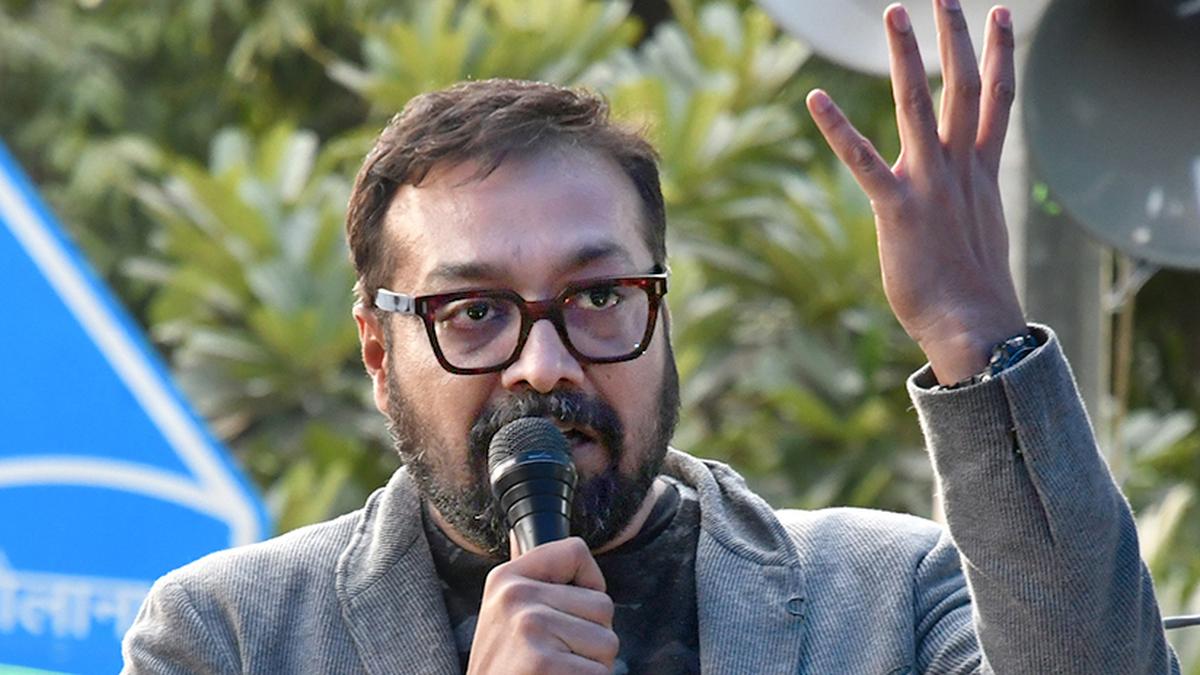
The founder president of Brahmin Yuva Shakti Sangh, Appu Tiwari, strongly condemned filmmaker Anurag Kashyap's recent remarks about the Brahmin community. Tiwari raised questions about who Kashyap was targeting with his comments and challenged him to a public debate. He also warned of legal action and demanded a public apology from Kashyap.
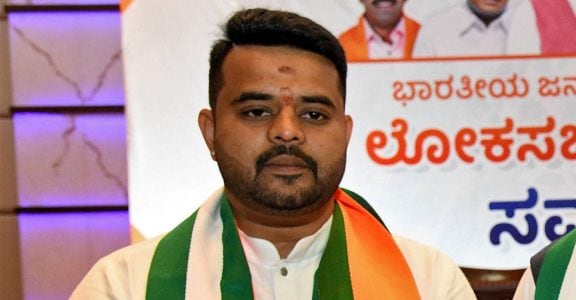
Friday saw the beginning of the trial in one of the four rape cases filed against former MP Prajwal Revanna in 2024, after the Karnataka High Court rejected a plea by his mother, Bhavani Revanna, to stay the proceedings. The survivor, who worked as a domestic help at Prajwal's farmhouse, testified in the special court for elected representatives in Bengaluru. The case, which came to light during the 2024 Lok Sabha polls, involves allegations of rape, sexual harassment, and criminal intimidation by the accused.

The Modi-led central government has approved a caste census for the upcoming national enumeration, with citizens now being counted by their caste identities as well as demographic parameters. This decision means that a caste certificate may become necessary for participation in government jobs, scholarships, and welfare schemes. However, the good news is that the process of obtaining a caste certificate has been digitized and can now be done from the comfort of one's home through their respective state government's official website. This data collected from the caste census will aid policymakers in formulating effective reservation policies, welfare schemes, and social justice programmes.
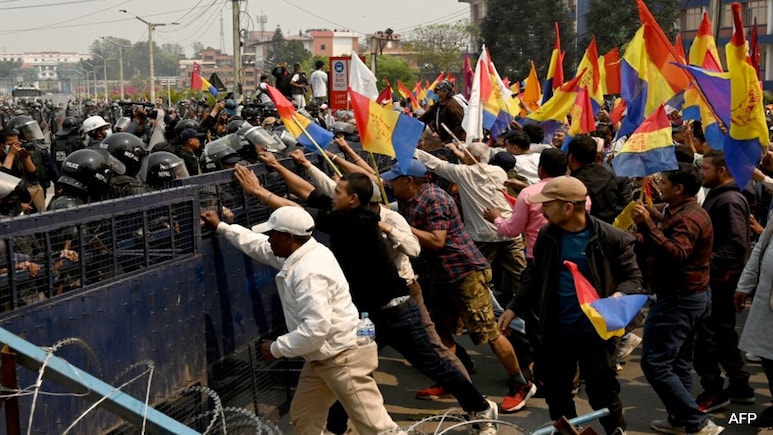
The police have arrested Dilbahadur Shrestha, a member of the Shahi Yuva Shakti, in connection to the violent pro-monarchy protest that took place on March 28 in Kathmandu. Shrestha is facing charges of organizing the disruptive group, and the police are also on the lookout for other individuals, including Durga Prasai, who are believed to have incited the violence. The arrest of Shrestha follows the earlier detention of Pashupati Khadka, the Chairman of the Shahi Yuva Sakti, who is still in custody. The government's policy to promote good governance and economic growth has been emphasized amidst the ongoing crisis in Nepali mountaineering.

Former Deputy Executive Director of the United Nations Women, Lakshmi M Puri, filed a complaint with Delhi Police after her contacts received calls from her asking for money. This incident occurred after Puri received a call from a number she knew and shared an OTP with the caller. The incident serves as a cautionary tale for others to not share personal information over the phone. In a similar incident, a constable and his siblings faced the threat of deportation due to their Pakistani heritage, but were ultimately able to stay in their community thanks to a petition filed in the High Court.
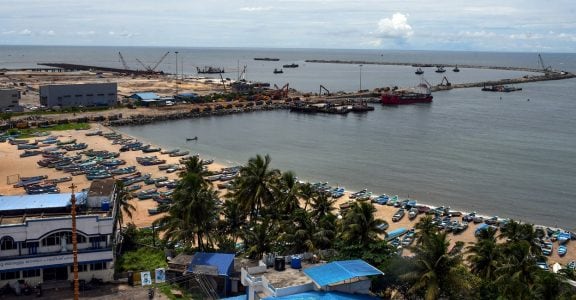
During the inauguration of the Vizhinjam port, Prime Minister Narendra Modi takes a dig at the INDI Alliance, stating that the event will disturb the sleep of many. He also mentions Congress leader Shashi Tharoor's presence and adds that the plaque unveiled by him mentions Tharoor's name. It is noteworthy that Tharoor has previously faced backlash from his party for speaking in support of the BJP government. The Vizhinjam port is expected to have a major impact on India's international trade and shipping.

Telangana Chief Minister A Revanth Reddy has proposed that the Centre constitute a group of Union ministers and an expert committee to hold discussions with stakeholders and emulate the "Telangana model" for the caste census. Reddy also recommended that the Central government engage with all political parties and civil society organizations before initiating the process, and ensure clear timelines are established. The CM expressed willingness to cooperate with the Centre and share the state's experience, citing that one year was sufficient to complete the exercise in Telangana. The decision to include caste enumeration in the census exercise was welcomed by Congress leader Rahul Gandhi, who suggested Telangana as a model for the same.
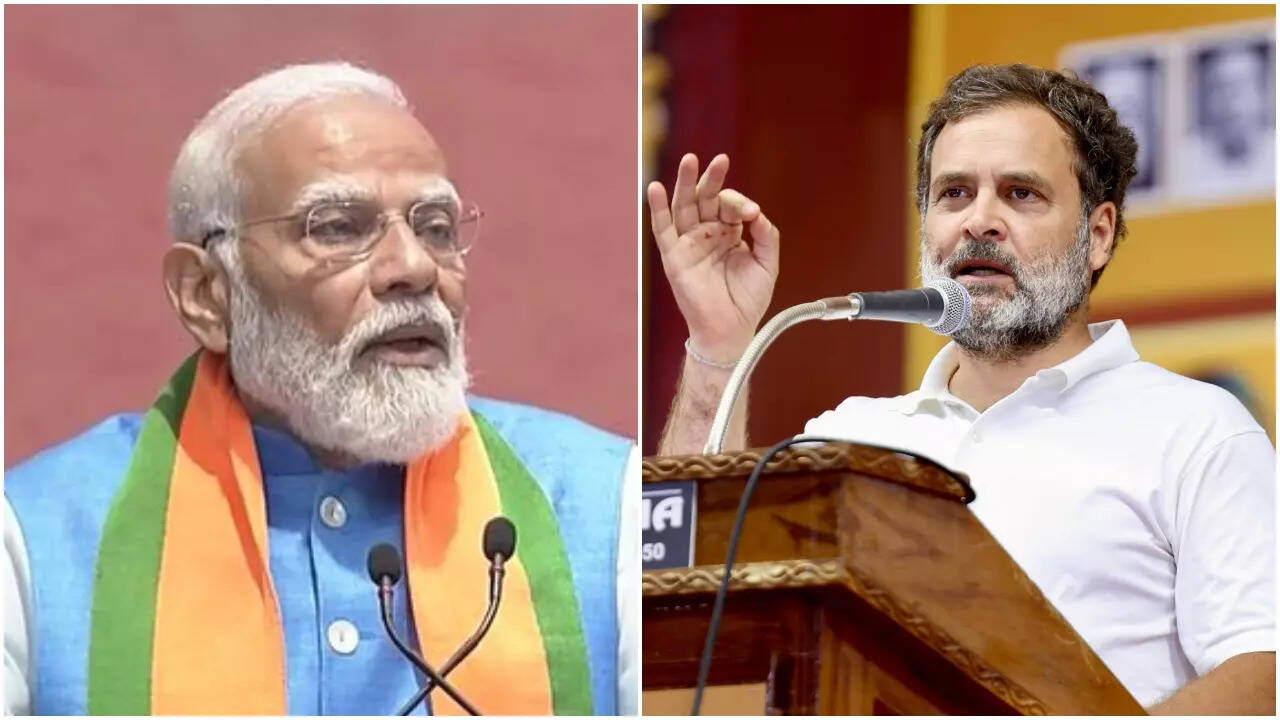
Congress leader Rahul Gandhi has voiced his support for the families of those killed in the recent Pahalgam terror attack, stating that they deserve to be recognized as martyrs for their sacrifice. The opposition leader has urged Prime Minister Narendra Modi to respect the sentiments of the families and grant martyr status to their loved ones. Meanwhile, the Supreme Court has turned down a plea on the Pahalgam attack, stating that such actions can demoralize the security forces.

The Karnataka government is preparing for a comprehensive door-to-door survey starting from May 5 to gather data on the sub-castes and social-economic conditions of the Scheduled Caste (SC) community. This survey is in response to the ongoing demand for internal reservation within the SC community, particularly for the most marginalized sub-castes. The retired Justice H.N. Nagamoohana Das-led commission established by the High Court will conduct the survey and formulate recommendations by November 12, 2024, for the implementation of SC reservation according to demographics in the state. A total of 58,960 enumerators and 6,000 supervisors have been appointed for this purpose, with the aim of assessing the statistics and needs of the SC community.
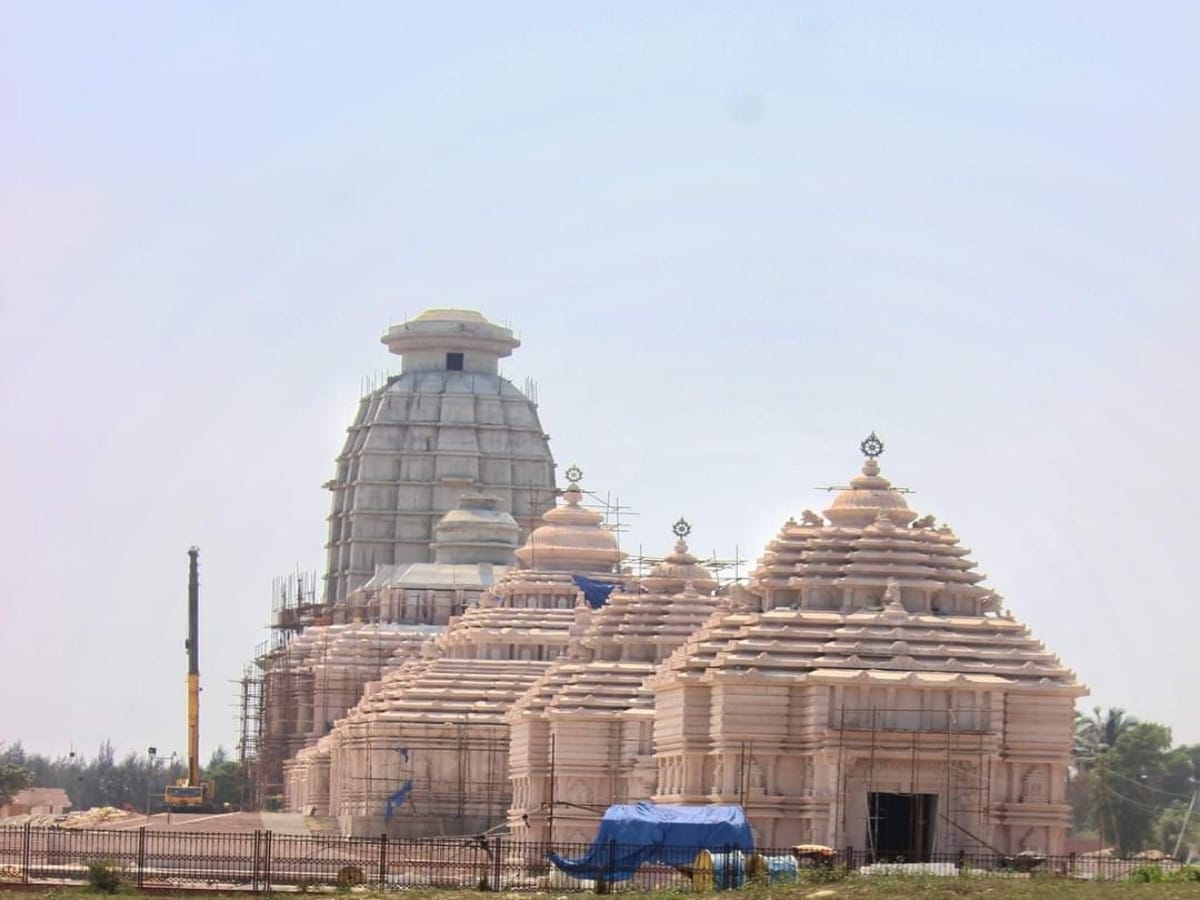
West Bengal Chief Minister Mamata Banerjee recently inaugurated the beautiful Jagannath Dham temple in Digha. The temple, built in the traditional Kalinga architectural style, is expected to become a popular pilgrimage and tourism spot in the region. The project, developed by the state government at a cost of Rs 250 crore, involved the contribution of over 800 skilled artisans from Rajasthan. In her speech, Banerjee praised the temple as a symbol of Bengal's devotion and cultural heritage, embodying the unity and spirit of its people.